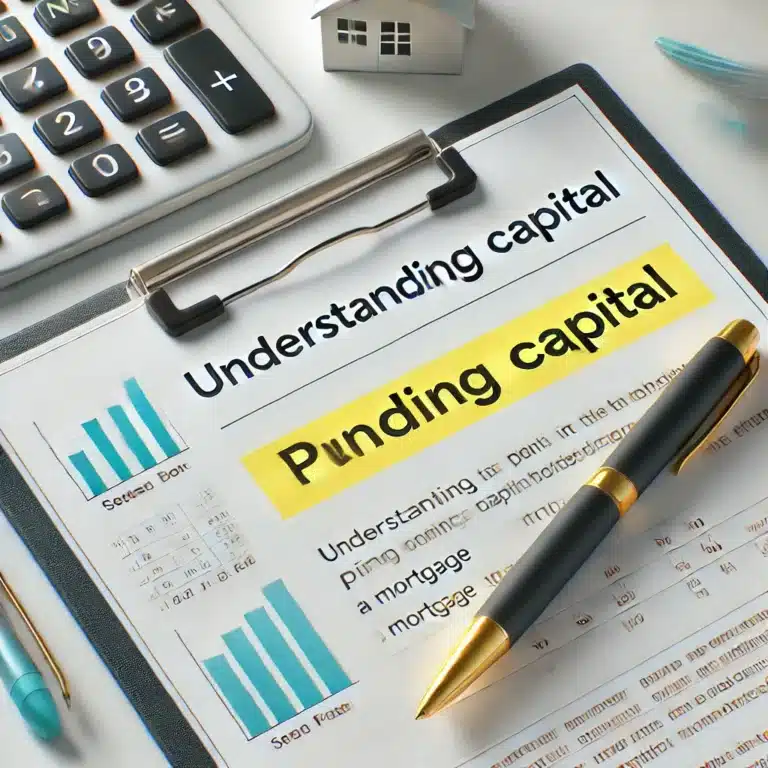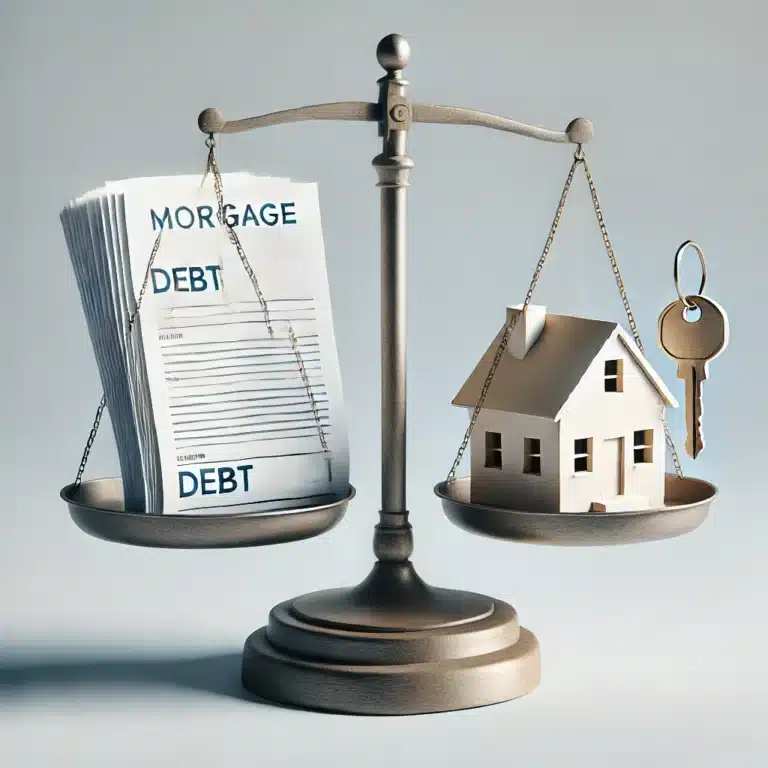
Yes, it is possible to obtain a mortgage with variable income, although banks tend to apply stricter requirements. This is due to the perception of higher risk associated with a lack of income stability. However, with the right documentation and specific strategies, you can access the financing you need.
1. What is variable income?
Variable incomes are those that do not have a fixed monthly amount and may fluctuate according to various circumstances. They are common in:
- Freelancers and freelancers: Income depends on projects and clients.
- Commission-based workers: Salaries based on sales or goals.
- Temporary contracts or work contracts: Without guaranteed continuity.
- Seasonal professions: Income concentrated at certain times of the year.
2. How do banks evaluate variable income?
Although banks prioritize stable income, they consider key aspects to assess the viability of your application:
2.1. Average income
The bank will analyze your average monthly or annual income, based on:
- Income tax returns (last 2-3 years).
- Bank statements (6-12 months).
- Tax certificates (forms 130, 131, or 303).
2.2. Quota/revenue ratio
Banks are looking for your monthly mortgage payment not to exceed 30%-35% of your average income.
- Practical example:
- Average income: 2,500 €/month.
- Maximum fee: 2,500 × 0.35 = €875/month.
Length of service
- Self-employed: Minimum of 2-3 years of activity.
- Other variable income: Solid and recurring track record in your activity.
3. Requirements to obtain a mortgage with variable income
3.1. Impeccable credit history
- No outstanding debts or unpaid bills.
- A good track record can offset the perception of risk.
Significant savings
You will need to cover at least 20% of the value of the house (down payment) and 10%-15% of associated expenses.
- Practical example:
- Housing: 200,000 €.
- Down payment (20%): €40,000.
- Associated expenses (10%): €20,000.
- Total required: €60,000.
Clear and complete documentation
Submitting all required documents in an organized manner helps to build confidence:
- Tax returns.
- Quarterly income certificates (self-employed).
- Recent bank statements.
- Justification of additional income.
3.4. Guarantor or additional guarantees
A creditworthy guarantor can support your application and reduce the perceived risk.
4. Strategies to improve your chances
4.1. Increase your initial input
Higher initial savings reduce the financing rate and the risk to the bank, improving your terms.
4.2. Organize your income
- It shows regular, although variable, income.
- Establish clear averages and use separate accounts for ease of presentation.
4.3. Contracts linked products
- Domicile income.
- Take out life or home insurance.
This can make it easier to get approved for your mortgage and improve your terms.
4.4. Look for specialized banks
Some entities have products specifically designed for non-traditional profiles, such as freelancers or freelancers.
5. Example of a mortgage calculation
Basic data:
- Housing: 150,000 €.
- Entrance fee: €30,000 (20%).
- Amount financed: 120,000 €.
- Term: 25 years.
- Interest rate: Fixed at 3%.
Calculation of the monthly fee:

- Installment/income ratio: If your average income is €2,000, the installment represents 28.45%, within the recommended limit.
- Total cost:
- Total payments: 569 × 300 = €170,700.
- Interest: 170,700 – 120,000 = €50,700.
6. Banks that accept variable income
Some financial institutions offer products designed for people with variable incomes:
- BBVA: Products with advice for the self-employed and freelancers.
- ING: Clear requirements and simplified processes.
- Openbank: Competitive digital options.
- Banco Santander: Tailored programs for irregular income.
7. Advantages and disadvantages
| Advantages | Disadvantages |
|---|---|
| Flexibility in some specialized banks. | Increased documentary requirements. |
| Specific options for non-traditional profiles. | Perception of income instability. |
| Possibility to negotiate better conditions. | Need for higher initial input. |
8. Alternatives if you do not get the mortgage
- Save more before you apply: Increase your initial down payment.
- Search for cheaper properties: Reduce the amount financed.
- Complementary loans: Finance the down payment with a personal loan.
- Negotiate with another bank: Some banks have more flexible policies.
Conclusion: Prepare your application carefully
If you have a variable income, getting a mortgage requires more effort, but it is perfectly possible. The key is to demonstrate financial stability, have a good credit history and have sufficient savings for the down payment and associated expenses. Compare different banks and specific products to optimize your conditions and reach your goal.



